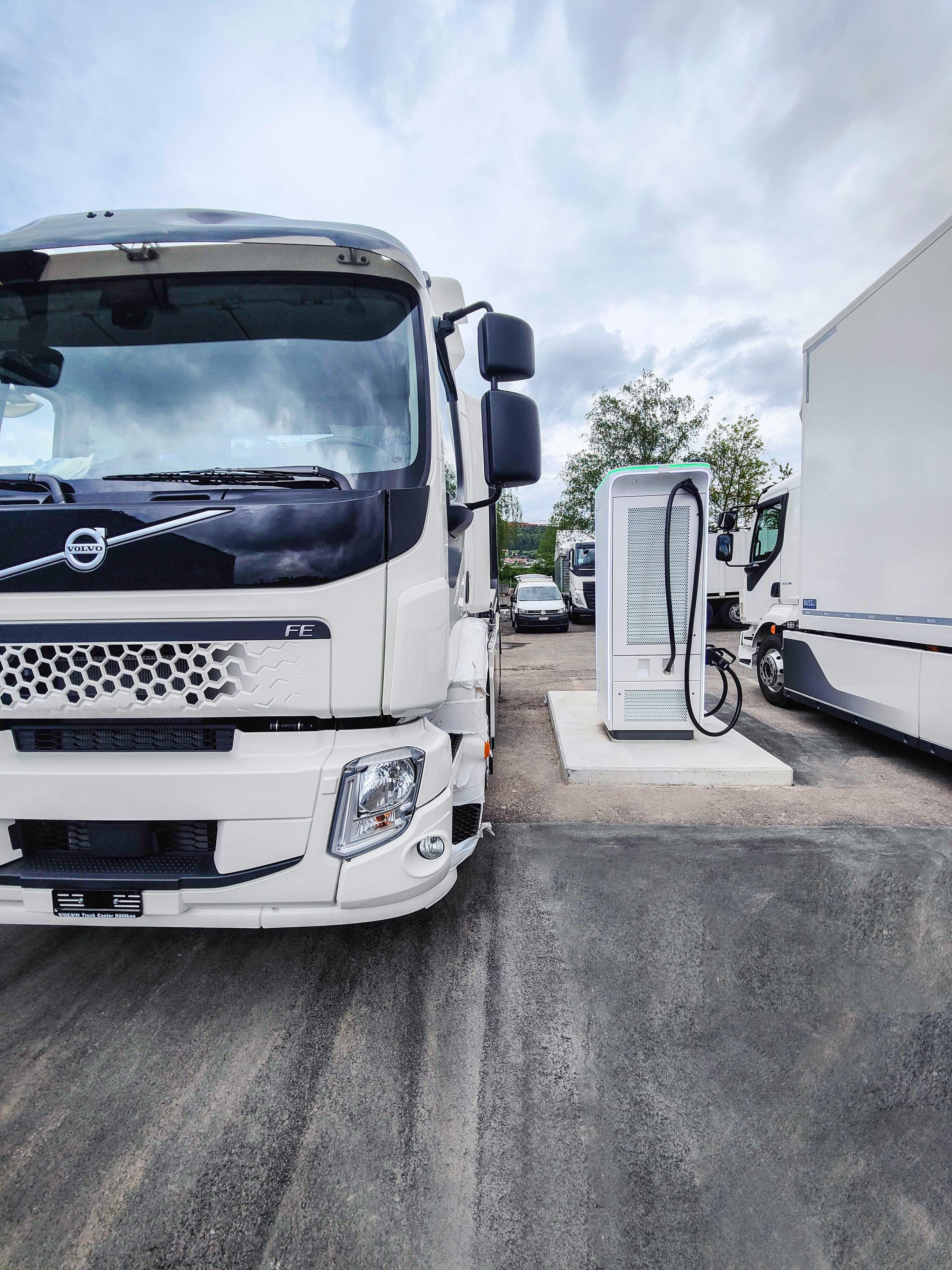We are shaping the future of energy and mobility
We pursue our vision of an emission-free future through our business units:
 Smart Charging Solutions & Charge Management
Smart Charging Solutions & Charge ManagementReliable and cost-efficient charging for businesses, logistics, and real estate.
 Charging Stations and Accessories
Charging Stations and AccessoriesCustomized charging solutions for private customers, professional partners, and resellers – tailored to every need.
_e7fa844583468d5bbba88cc0d36a56b0.png&w=576&q=82) Vehicle-to-Grid & Battery Marketing
Vehicle-to-Grid & Battery MarketingSmart integration of electric vehicles and battery storage systems into the energy grid.

Vehicle-to-Grid
Find out all about how e-mobility can contribute to the energy supply — and learn more about our dedicated business unit, The Mobility House Energy.
Find the best smart charging solution or technology for your business
Logistic fleets
Electric bus fleets
Charge point operators
Corporate fleets
Success Stories from the Future of Mobility
Together with our customers, we are bringing tomorrow’s ideas to life today.





-Renault-2000x1500_7f313aec67a9642cff905592da3e8bcf.jpg&w=3840&q=75)



